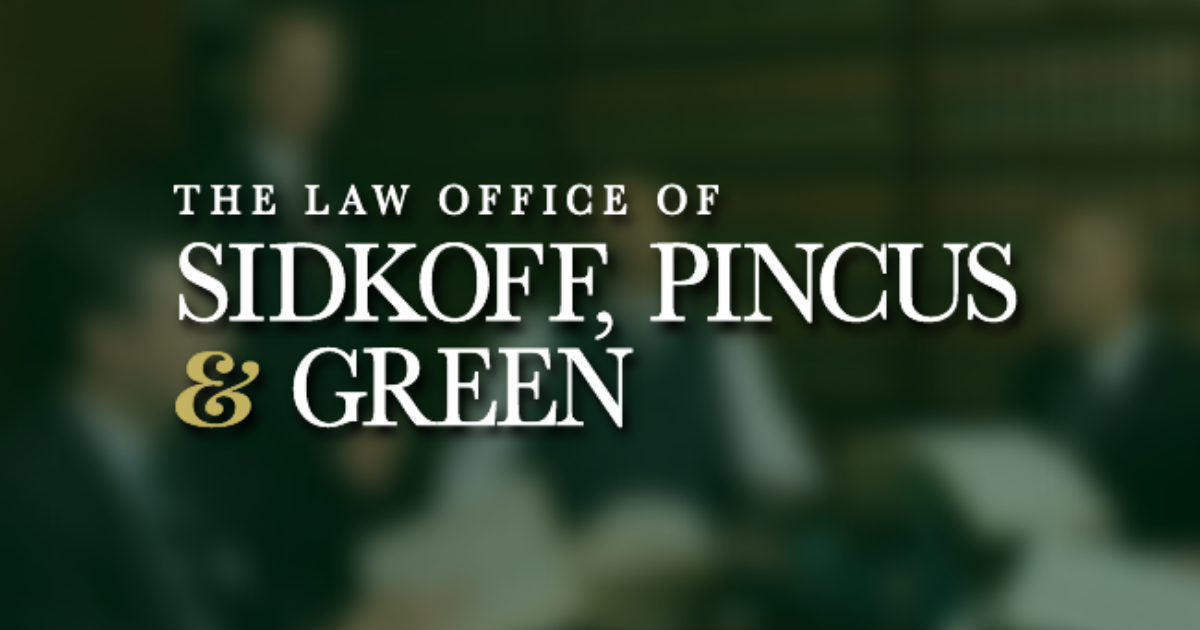Supreme Court to Determine Whether Title VII Protections Include Sexual Orientation or Gender Status

In October 2019, the United States Supreme Court heard arguments in a set of cases that could have a major impact on federal discrimination law, particularly as it applies to LGBTQ employees. The three cases involved two gay men and one transgender woman who were allegedly terminated because of their sexual orientation or gender status. According to the Title VII of the Civil Rights Act of 1964, an employer may not discriminate against an employee based on sex, race, national origin, or religion. The court will consider whether employers should be legally allowed to fire an employee simply because they are gay or transgender.
Case Facts
In the first case, a child-welfare coordinator for Clayton County, Georgia advocated for abused and neglected children. He was very successful at this job and loved helping underprivileged children. Yet, after his employer discovered he was gay, he was fired. Not only did he lose his job, but he lost his income and health insurance, which was devastating since he was fighting prostate cancer.
In the second case, a transgender woman who worked as a funeral director at the Harris Funeral Home in Livonia, Michigan decided to come out to her boss and co-workers and tell them about her gender identity. Two weeks after she wrote a letter to her boss explaining her situation, she was fired.
In the last case, a sky-diving instructor at Altitude Express went on tandem skydiving excursions with clients. He often informed female clients that he was gay in case they were uncomfortable about being strapped to a man during the tandem jump. The employee was fired after a female client claimed that he touched her inappropriately. However, according to employee, this never happened, and he was fired because of his sexual orientation.
Many of the Court’s conservative judges were skeptical about the arguments made by the plaintiffs’ lawyers and were opposed to finding that Title VII included protections for LGBTQ workers. However, they will have to examine the literal text of the law and consider the fact that the plaintiffs would not have been fired if they were straight. The more liberal justices will have to consider that, when the Civil Rights Act of 1964 was passed, it was not likely that Congress intended it to prohibit against LGBTQ employees. In fact, homosexuality was considered a mental illness by the American Psychiatric Association in 1964.
If the Court rules in favor of the plaintiffs, discrimination cases involving LGBTQ workers will be treated the same as any other Title VII discrimination case. Employers will need to update their discrimination policies and train workers on how to comply with the new policies. If the Court rules against the plaintiffs, things will remain the same. Employers who already have anti-discrimination policies in place may continue to enforce them. The Court is expected to decide by June 2020.
Philadelphia Employment Lawyers at Sidkoff, Pincus & Green P.C. Protect the Rights of Employees
If you were discriminated at the workplace due to your protected status, contact the Philadelphia employment lawyers at Sidkoff, Pincus & Green P.C. We will protect your rights and secure the maximum financial compensation you deserve. To schedule a confidential consultation, call us today at 215-574-0600 or contact us online. Located in Philadelphia, we serve clients throughout New Jersey and Pennsylvania.













